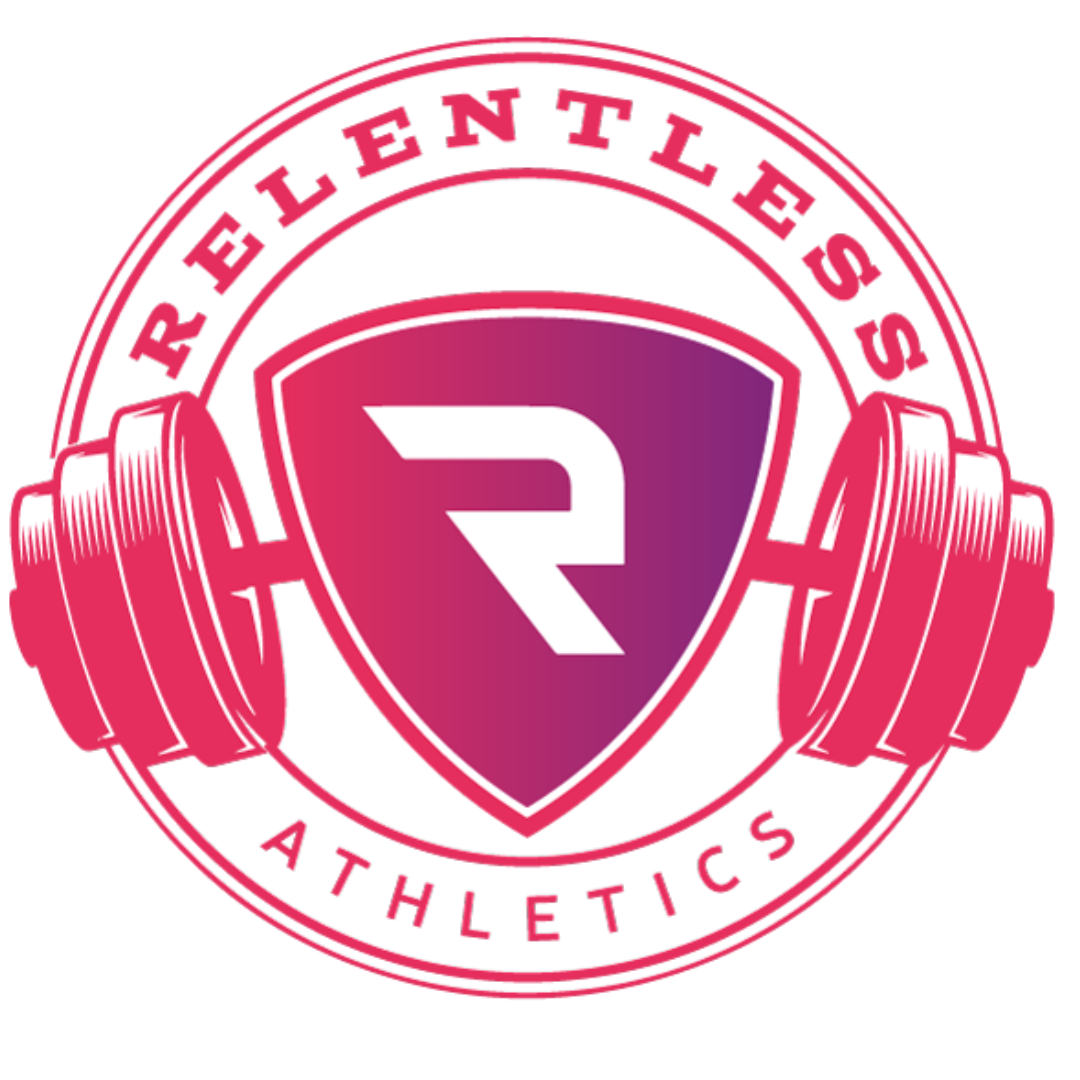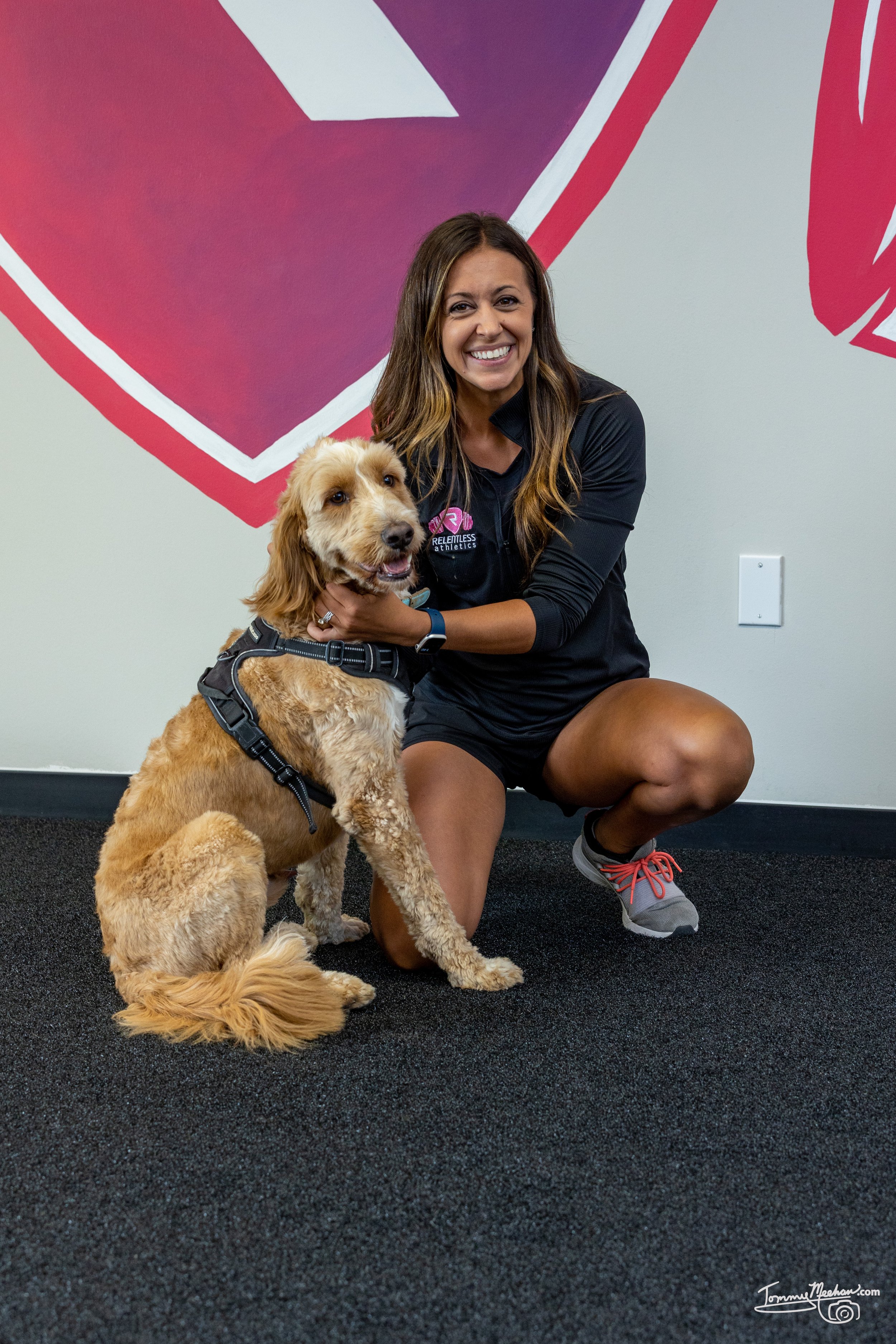Three Signs Your Daughter is Not Fueling Properly AFTER Her Game
By Emily Neff (Pappas), Ph.D. (c)
You already know that fueling before a game is crucial, but what happens after is just as important. Post-game nutrition plays a key role in muscle recovery, injury prevention, and energy replenishment [1]. If your daughter isn’t getting the right nutrients after games, her body won’t recover properly—leading to soreness, nagging injuries, and fatigue that won’t go away. If she’s experiencing any of these signs, it’s time to make post-game fueling a priority.
1. She’s Always Sore
A tough game will naturally leave some soreness, but if your daughter consistently wakes up feeling like she got hit by a truck, that’s a red flag. Muscle soreness is largely influenced by glycogen depletion and muscle protein breakdown, both of which are significantly reduced when athletes consume carbohydrates and protein post-exercise [2].
Without proper post-game fuel, her muscles don’t get the nutrients they need to recover. Over time, this can lead to decreased performance, muscle breakdown, and a higher risk of injury [3].
Fix It:
Quick & Easy Post-Game Recovery Snacks
Game is right after school & she has to stay for varsity after? Pack an apple with chocolate milk and peanut butter—the perfect blend of carbs, protein, and healthy fats to kickstart recovery.
Game is after JV, and she needs to wait before playing on varsity?Pretzel chips with fruit chews offer fast-digesting carbs to replenish glycogen stores while keeping her energy up.
2. She’s Dealing with a Nagging Injury
That sore ankle, tight hip, or aching shoulder that never fully goes away? It might not just be overuse—it could be poor recovery nutrition. Athletes who don’t eat enough after training struggle with prolonged inflammation, increased muscle breakdown, and slower tissue repair [4].
Fix It:
Encourage her to eat something immediately post-game—even if she’s not hungry. Protein and carbohydrates together have been shown to enhance muscle repair and minimize delayed onset muscle soreness [5]. Hydration also plays a huge role in tissue repair, so make sure she’s drinking water and replenishing electrolytes.
3. She’s Always Tired
If your daughter is struggling to stay awake in class or dragging through practice, her post-game nutrition could be to blame. Games deplete her glycogen stores, and if she doesn’t refuel, she’ll never fully recover before the next day. Chronic fatigue can also impact reaction time, speed, and overall performance [6].
Fix It:
Post-Game Dinner is Non-Negotiable (No Matter What Time!)
It doesn’t matter if her game ends at 9:30 PM—she still needs a solid meal to recover. Here’s an easy breakdown:
✅ Lean Protein → Chicken or lunchmeat (we love Applegate because it’s preservative-free!)
✅ Carbs → Pasta or a hoagie roll for glycogen replenishment
✅ Healthy Fats → Olive oil or light mayo to support recovery
✅ Micronutrients → Lettuce & tomatoes on a hoagie or a salad on the side
If she’s truly not hungry, a liquid option like a smoothie with Greek yogurt, fruit, and honey can help her get the nutrients she needs without feeling too full.
Final Thoughts
Female athletes have higher energy demands due to both their training loads and physiological factors, making post-game nutrition critical [7].
Consistent soreness, nagging injuries, and chronic fatigue aren’t just bad luck—they’re signs that her recovery plan needs a boost. Keep her performance (and health) at its peak by making post-game nutrition a priority!
References
Thomas, D. T., Erdman, K. A., & Burke, L. M. (2016). Position of the Academy of Nutrition and Dietetics, Dietitians of Canada, and the American College of Sports Medicine: Nutrition and athletic performance. Journal of the Academy of Nutrition and Dietetics, 116(3), 501-528.
Jäger, R., Kerksick, C. M., Campbell, B. I., Cribb, P. J., Wells, S. D., Skwiat, T. M., ... & Antonio, J. (2017). International Society of Sports Nutrition Position Stand: protein and exercise. Journal of the International Society of Sports Nutrition, 14(1), 20.
Beelen, M., Burke, L. M., Gibala, M. J., & van Loon, L. J. (2010). Nutritional strategies to promote postexercise recovery. International Journal of Sport Nutrition and Exercise Metabolism, 20(6), 515-532.
Tipton, K. D., & Wolfe, R. R. (2004). Protein and amino acids for athletes. Journal of Sports Sciences, 22(1), 65-79.
Van Loon, L. J., Saris, W. H., Kruijshoop, M., & Wagenmakers, A. J. (2000). Maximizing postexercise muscle glycogen synthesis: carbohydrate supplementation and the application of amino acid or protein hydrolysate mixtures. The American Journal of Clinical Nutrition, 72(1), 106-111.
Burke, L. M., Kiens, B., & Ivy, J. L. (2011). Carbohydrates and fat for training and recovery. Journal of Sports Sciences, 29(1), S17-S27
Mountjoy, M., Sundgot-Borgen, J., Burke, L., Carter, S., Constantini, N., Lebrun, C., ... & Ljungqvist, A. (2018). The IOC consensus statement: Relative Energy Deficiency in Sport (RED-S). British Journal of Sports Medicine, 52(11), 687-697.
Related Articles:
ABOUT THE AUTHOR
Emily is the Owner and Program Director at Relentless.
In 2015, Emily opened Relentless Athletics to build a community for female athletes while educating their parents and coaches on the necessity of strength training and sports nutrition to optimize sports performance and reduce injury risks in the female athlete population.
Emily is a Ph.D. candidate with a research focus on female athletes & the relationship between strength training, ACL injury rates, and menstrual cycle irregularities (RED-s). She holds an M.S. in Exercise Physiology from Temple University and a B.S. in Biological Sciences from Drexel University.
Through this education, Emily values her ability to coach athletes and develop strength coaches, using a perspective grounded in biochemistry and human physiology.
When she isn’t on the coaching floor or working in her office, she is at home with her husband Jarrod and their daughter Maya Rose, and, of course, their dog Milo (who has become the mascot of Relentless)!!















